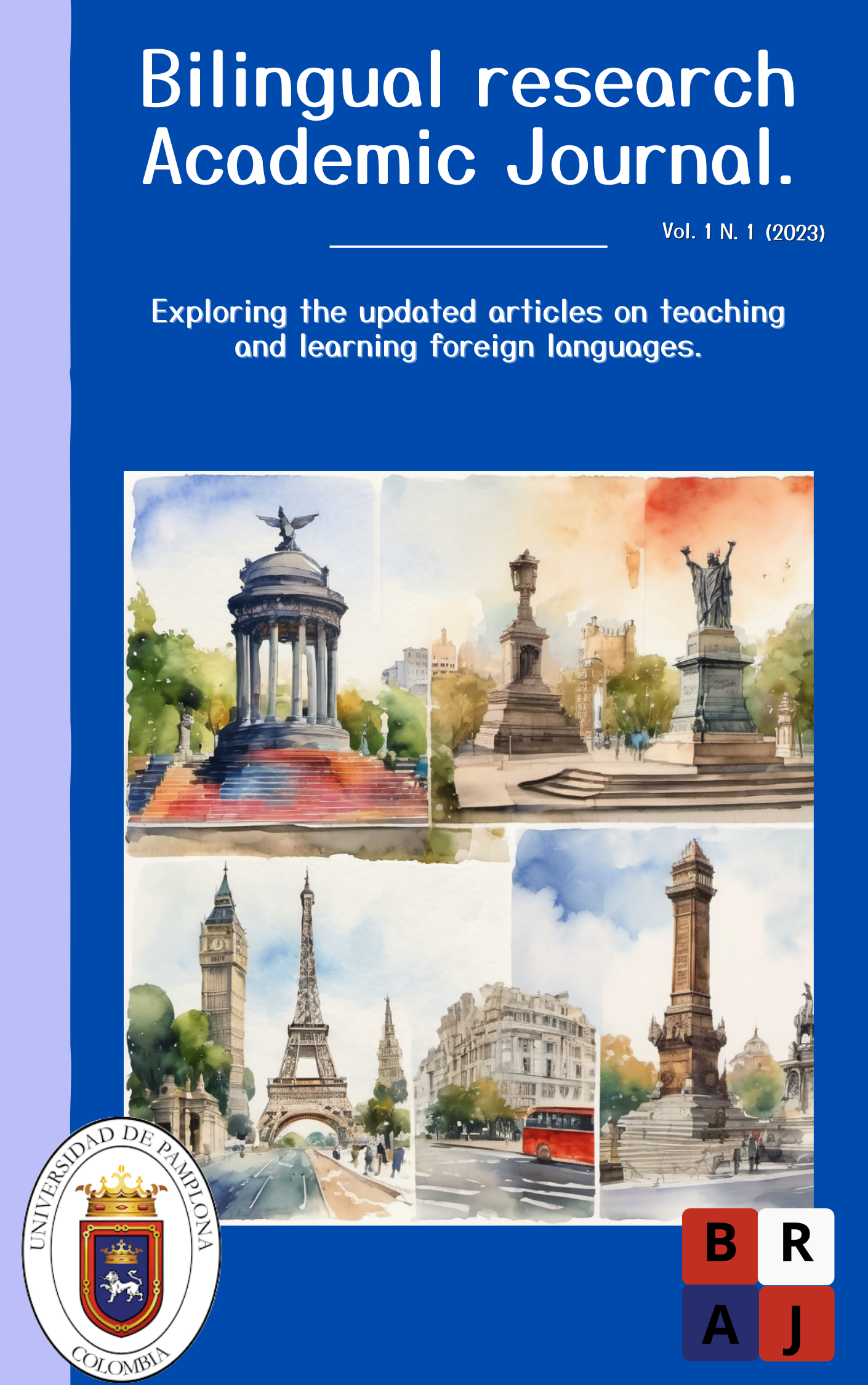Implementation Of Instagram To Foster English Lexical Competence Development: An Action Research
DOI:
https://doi.org/10.24054/braj.v1i1.3177Keywords:
Social networks, Instagram, Lexical competence, ICTAbstract
This article reports a mixed-action research study focused on the implementation of Instagram as an educational tool at a public university in Colombia. This study aims to implement Instagram to improve lexical competence between the process of learning English as a foreign language (EFL) of first semester students at a public university in Colombia by combining elements of approaches to learning vocabulary and theory of connectivism. The data were collected through surveys, interviews, observations, corpus and tests with pre and post approaches. The results were divided into qualitative (pedagogical, technological and social dimensions) and quantitative, showing an improvement in the learning of vocabulary and grammar corresponding to level A1. In conclusion, Instagram can be an effective platform for learning vocabulary, both formally and informally. More research is still needed to fully understand the optimal educational uses of Instagram. But the initial results show promise for the integration of social networks in language teaching.
References
Agustin, R.W., & Ayu, M. (2021). THE IMPACT OF USING INSTAGRAM FOR INCREASING VOCABULARY AND LISTENING SKILL. Journal of English Language Teaching and Learning (JELTL), 1-7.
Alvarado, L., & García, M. (2008). Características más relevantes del paradigma socio-crítico: su aplicación en investigaciones de educación ambiental y de enseñanza de las ciencias realizadas en el Doctorado de Educación del Instituto Pedagógico de Caracas. Sapiens. Revista Universitaria de Investigación, 9(2), 187-202. https://www.redalyc.org/pdf/410/41011837011.pdf
Applied Linguistics. A Practical Resource.
Arulchelvan, et al., (2019). Social media usage among English language learners in Primary School. RELIGACIÓN. Revista de Ciencias Sociales y Humanidades, 4(19), 221-227. https://www.redalyc.org/journal/6437/643770323033/html/
Burns, A. (2016). Action Research. En B. Paltridge, & A. Phakiti, Research Methods in Aplied Linguistics. A Practical Resource. Bloomsbury Academic.
Erarslan, A. (2019). Instagram as an Education Platform for EFL Learners. TOJET: The Turkish Online Journal of Educational Technology, 18(3), 54-69. Retrieved on September 29, 2022
Ivankova, N., Meneses, J., & Molina-Azorin, J. (1 de October de 2017). educationaltechnologyjournal.springeropen.com. educationaltechnologyjournal.springeropen.com: https://educationaltechnologyjournal.springeropen.com/mmrethe
Karim,et al., (2020). Social media use and its connection to mental health: A systematic review. Cureus, 12(6), e8627. https://doi.org/10.7759/cureus.8627
Paltridge, & A. Phakiti, Research Methods in Putri, E. (2022). AN IMPACT OF THE USE INSTAGRAM APPLICATION TOWARDS STUDENTS VOCABULARY. Pustakailmu.id, 1-10.
Rohman, et al., (2022). The Effectiveness of Instagram as a Medium to Develop Vocabulary Competence in Senior High School: a Systematic Literature Review. Proceedings of Conference on English Language Teaching (CELTI 2022).
Downloads
Published
Issue
Section
License
Copyright (c) 2024 Hellen Natalia Cardozo Niño, Eliana Paola Rojas Portilla, Claudia Marcela Sierra Vega

This work is licensed under a Creative Commons Attribution-NonCommercial 4.0 International License.






